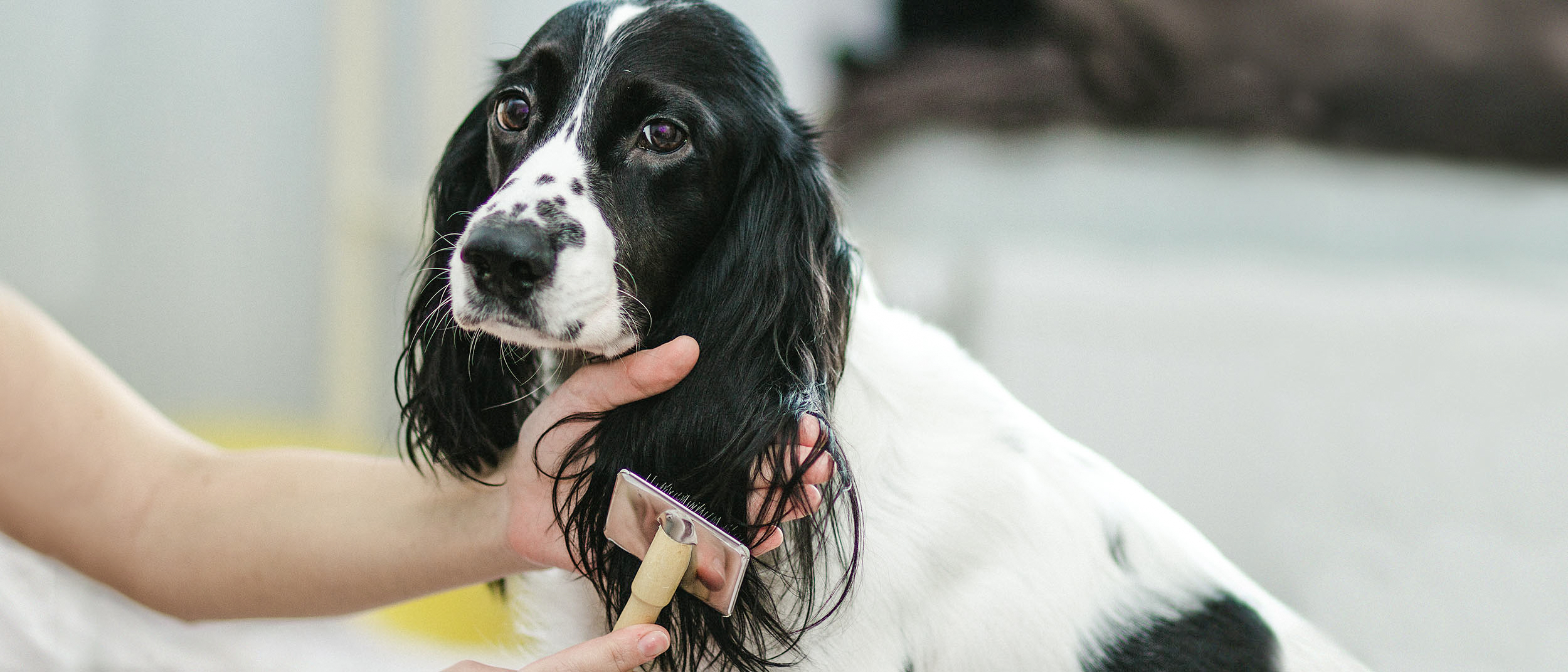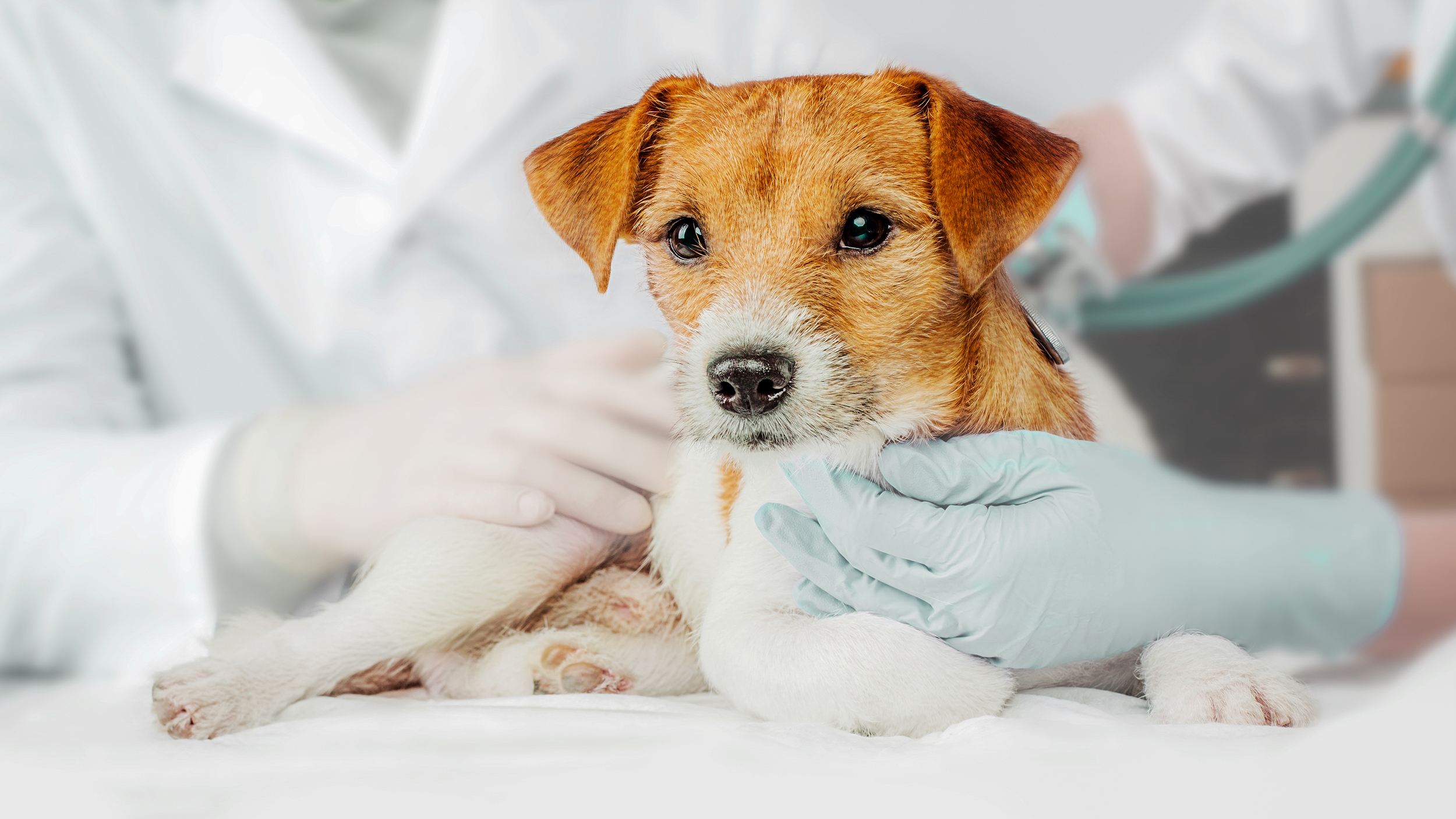The cost of owning a dog

There are a number of things that impact the cost of owning a dog, taking into consideration all their needs including grooming, veterinary bills, insurance and of course food. However, while the cost of ownership may vary depending on the breed, age, health and lifestyle of you and your pet, there are a number of things that you will need to consider for the long term benefit of your dog.
The cost of buying a dog
Owning a dog comes with legal responsibilities. The rules and duties of the owner will vary according to the country’s legislation, but there are some basics.
- Purchase costs: Buying a dog is regarded as a commercial transaction, with the seller (breeder) and the buyer both having legal obligations. The buyer must pay the agreed price for a “good” that is in working order (not sick or disabled) and that fulfils all of the expected characteristics (for example. breed standards). Usually, there is a contract and a fee at the point of purchase.
- Mandatory identification: To prevent fraud and a possible lawsuit, many countries have implemented specific rules such as mandatory identification, either by a tattoo or a microchip. Of course, this data must be registered, stored and managed by a central (usually national) organisation. Most of the time, the breeder will take care of the identification process. This is usually done at the vet during the first vaccination consultation. When you take your dog home, you mustn’t forget to register the dog under their name and ensure that their details are updated if you change your address or telephone number. This is the only way that people will be able to locate you if your dog becomes lost. It is also useful for proving ownership of your dog.
- Registration: A certificate of ownership or an official declaration of dog keeping is mandatory in many countries, and sometimes specific laws are implemented by the cities. Make sure that you stick to all legal obligations. If you don’t, the authorities may take away.
- Mandatory vaccinations: Puppies have two sets of vaccinations in the first 12 weeks of their lives. The first set is likely to have been taken care of by the breeder or rescue centre, however if you take the puppy home before the age of 12 weeks you may have to organise the second vaccination yourself. This will not be covered by your pet insurance.
The cost of insurance
Insuring your pet has two elements to it. The first is to support the health and wellbeing of your pet in case of accidents or unforeseen health problems. The second is in case of damages that might be caused by your pet.
- Third party insurance: It is wise to get insurance to cover any damage or accidents caused by your dog as well as to support you in the case of any unexpected health problems and veterinary bills.
- Unforeseen costs: Cheeky puppies will happily chew valuables (glasses, furniture etc.) of friends or visitors, although usually such insurance does not cover damages to your own belongings. Also, heaven forbid, you will be legally responsible if your dog causes a road traffic accident (e.g. someone swerving to avoid hitting them).
- Health insurance: In some countries, it is also possible to purchase health cover for your dog. This practice is well developed in North America, Western Europe and Japan. You should find out if pet insurance is available in your country before acquiring your pet.
- Pre-existing conditions: Most policies won’t cover pre-existing conditions, so it’s a good idea to get the contract for your puppy. Many chronic or debilitating conditions (for example skin allergies or growth disorders) are diagnosed at a young age.
- Creating your own policy: If pet insurance does not exist in your country, or if you don’t want to invest money in it, one way of getting prepared for any health issues is to make your own policy. From puppyhood, decide on a monthly amount of money that you will put aside. This will be a sort of “saving account” for your dog. It will gradually build up and may prove very handy should anything happen to your pet. Hopefully you won’t need it but the saved sum will be very useful for elderly care or … a new lead or sleeping basket.

The cost of grooming and healthcare
The ongoing costs of owning a dog are very much dependent on the breed of dog, its age and your lifestyle.
- Nutrition: Food is an obvious ongoing cost, but if your pet does not have any unusual dietary requirements or allergies then you will likely be able to predict this in advance. Just ensure you opt for a diet that meets all the nutritional requirements of your pet.
- Grooming: Brushing, washing, checking their nails and brushing their teeth will vary greatly according to the breed of dog that you have. However, it is likely that the cost of grooming has more to do with time than finances.
- Fleas, ticks and worms: Parasites can all be managed and, to some extent, avoided with use of ongoing treatment. There are several options available, and your vet will be able to advise on the right choice for you and your pet, however it is likely to be a regular cost of owning a pet.
Lifestyle and travel
One area which can greatly impact the cost of owning a dog is your own lifestyle.
- Dog walkers: If you are out of the house for long periods of time, or are unable to exercise your pet yourself at any point, you will need to pay for a dog walker or sitter on a regular basis.
- Kennels: Should you choose to travel without your pet, kennel fees or the cost of a dog sitter will also need to be taken into account.
- Passports and vaccinations: If you choose to travel with your pet, consider the time and financial cost of investing in a pet passport and any implications that may have on your holiday such as compulsory vet appointments in your country of destination.
Getting a dog can be an emotional decision, and one that’s accompanied by great excitement. However, practical aspects, such as the costs involved in owning a dog must be considered to ensure you can provide the best level of care for your pet over the course of its lifetime.

Like & share this page